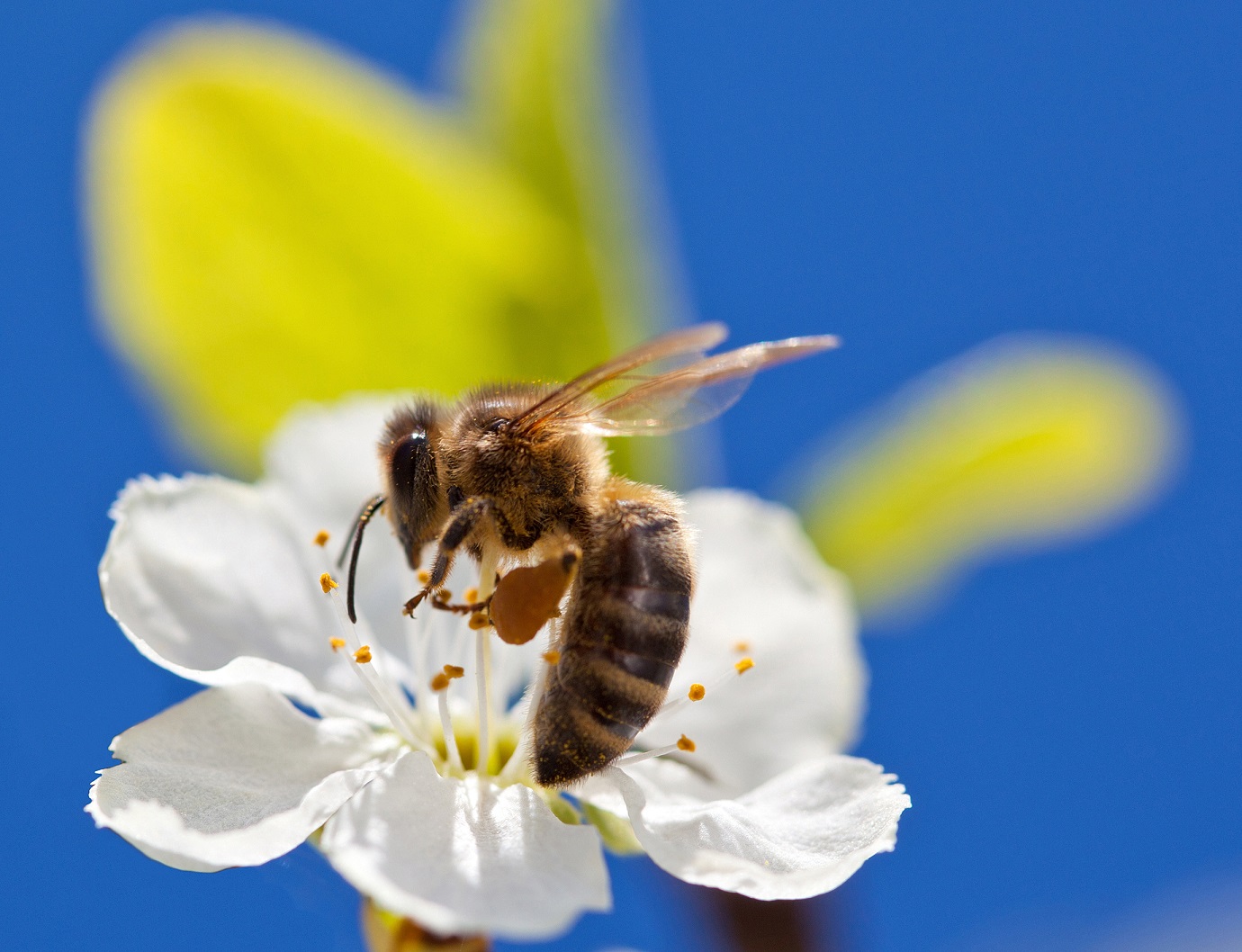UN warns of pollinator extinction pressure, food supply threat

A United Nations agency says a diverse range of pressures including land use and pesticides are pushing many pollinator species on the path to extinction, putting "millions of livelihoods and hundreds of billions of dollars worth of food supplies" at risk. 
In the "first assessment of its kind" after a two-year study, the Intergovernmental Science-Policy Platform on Biodiversity and Ecosystem Services (IPBES) released its 'Thematic Assessment of Pollinators, Pollination and Food Production' last week in the Malaysian capital Kuala Lumpur.
"Pollinators are important contributors to world food production and nutritional security," said Vera Lucia Imperatriz-Fonseca, Ph.D., co-chair of the assessment and Senior Professor at the University of São Paulo.
"Their health is directly linked to our own well-being."
The report highlighted three-quarters of the world's harvests depended on pollinators, which included some 20,000 species of wild bees alone, as well as butterflies, flies, moths, wasps, beetles, birds, bats and other animals.
"Without pollinators, many of us would no longer be able to enjoy coffee, chocolate and apples, among many other foods that are part of our daily lives," said Simon Potts, Ph.D., the other assessment co-chair and Professor of Biodiversity and Ecosystem Services at the University of Reading's School of Agriculture, Policy and Development.
The assessment found an estimated 16% of vertebrate pollinators were threatened with global extinction - increasing to 30% for island species - with a trend towards more extinctions.
Although most insect pollinators have not been assessed at a global level, regional and national assessments indicate high levels of threat, particularly for bees and butterflies - with often more than 40% of invertebrate species threatened locally.
"Wild pollinators in certain regions, especially bees and butterflies, are being threatened by a variety of factors," said IPBES Vice-Chair, Sir Robert Watson.
"Their decline is primarily due to changes in land use, intensive agricultural practices and pesticide use, alien invasive species, diseases and pests, and climate change."
The assessment found that pesticides, including neonicotinoid insecticides, threaten pollinators worldwide, although the long-term effects are still unknown. It pointed to a study conducted in farm fields that showed one neonicotinoid insecticide had a negative effect on wild bees, but the effect on managed honeybees was less clear.
"While gaps remain in our knowledge of pollinators, we have more than enough evidence to act," Prof. Imperatriz-Fonseca said.
When it comes to safeguards, the IPBES panel recommended the promotion of sustainable agriculture, with the aim of diversifying the agricultural landscape and making use of ecological processes as a part of food production.
The assessment's specific recommendations include:
- Maintaining or creating greater diversity of pollinator habitats in agricultural and urban landscapes;
- Supporting traditional practices that manage habitat patchiness, crop rotation, and coproduction between science and indigenous local knowledge;
- Education and exchange of knowledge among farmers, scientists, industry, communities, and the general public;
- Decreasing exposure of pollinators to pesticides by reducing their usage, seeking alternative forms of pest control, and adopting a range of specific application practices, including technologies to reduce pesticide drift; and
- Improving managed bee husbandry for pathogen control, coupled with better regulation of trade and use of commercial pollinators.
Photo: www.shutterstock.com









































